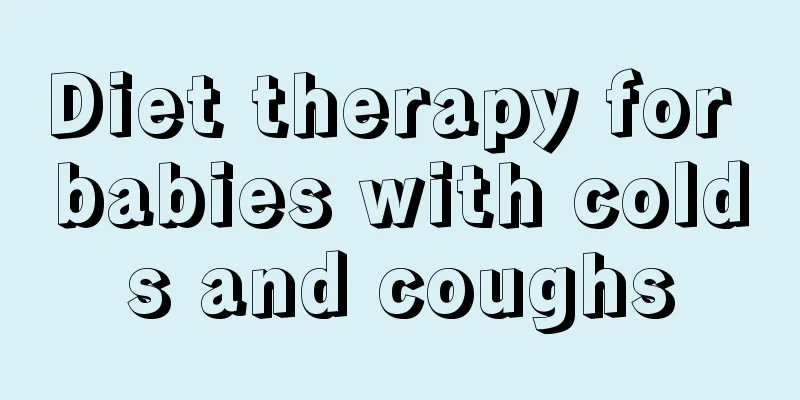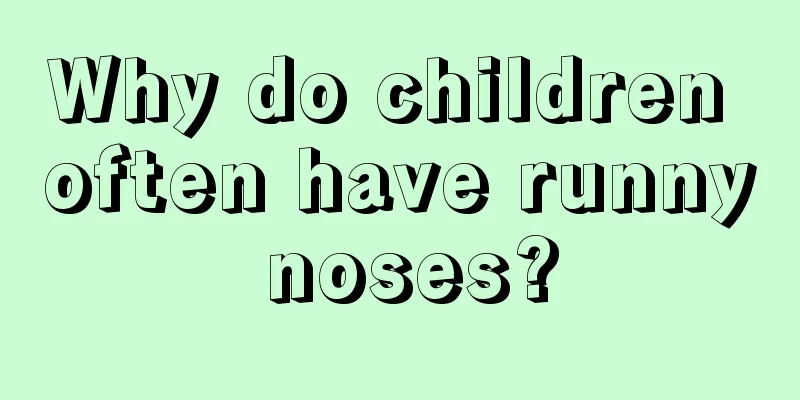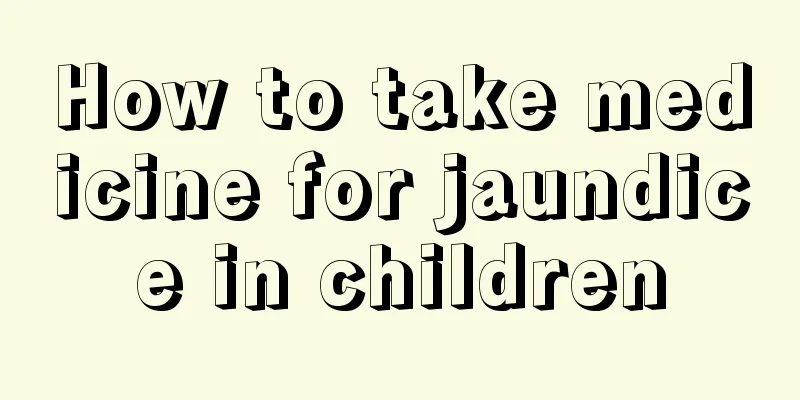Children's face rash

|
The rash is a very annoying phenomenon because most people with the rash will find that the rash spreads and becomes very itchy after it develops. The chance of a child developing a rash on their skin is much higher than that of an adult, and the body of a child is different from that of an adult, so the treatment strategies after the rash is found are also different. So what are the relevant treatment strategies for a rash on a child's face? Causes of neonatal rash Symptoms of rash in newborns are very common in daily life. The main causes of the disease are as follows: 1. Common skin diseases That is, prickly heat, seborrheic dermatitis, allergic dermatitis, diaper rash; 2. Infectious rash If the baby is infected by a virus or bacteria, he or she will often have a fever and develop a rash. Common rashes include roseola and red scab. 3. Food and drug allergies If your baby is allergic to food or medicine, he or she may also develop a rash. If parents find a rash on their body, they should see a doctor first to determine the cause and prescribe the right medicine, because using the wrong medicine will cause the symptoms to worsen and will be detrimental to treatment. Babies aged 0-1 years old may occasionally develop rashes, and these rashes may represent different skin diseases. Parents should never be smart and apply medicine on their own to treat the diseases. What to do if your newborn baby has a rash Parents get really nervous when their newborn baby develops a rash. In fact, parents can start with diet management and drug treatment to alleviate their children's rash. 1. Diet management. First, avoid feeding too much food to maintain normal digestion. If you suspect you are allergic to milk, you can boil it for a longer time to denature the protein, which can reduce allergens. Or you can choose a low-allergy formula milk such as Nestle Super NEN. If the condition is more serious, you should take a special formula milk like Alesun. If necessary, goat milk or soy milk (see the nutrition section) can be used instead of milk. If egg white allergy is suspected, give egg yolk alone, or start with a small amount of egg white and gradually increase the amount. Breastfeeding mothers can stop eating eggs. 2. Antihistamines. Taking chlorpheniramine, phenergan, diphenhydramine, isopropylamine, etc. alone or in turns has good antipruritic and anti-allergic effects, and has varying degrees of sedative effects. Non-sedating antihistamines, such as astemizole (tablets or oral solution) and terfenadine. Antihistamines with sedative effects are preferred over the latter. 3. Corticosteroids. Whether taken orally or injected intravenously, it can quickly control symptoms and has obvious anti-inflammatory and antipruritic effects. However, it is easy to relapse after discontinuation of the drug and cannot be cured. Long-term use can cause dependence and various adverse reactions, so it should be used with caution as appropriate. For patients with generalized acute eczema who do not respond well to other treatments, oral prednisone can be taken for a short period of time and the dosage can be gradually reduced as the condition improves. 4. Antibiotics. It is only used for children with secondary local or lymph node infections, increased white blood cell count and increased body temperature. Generally, intramuscular injection of penicillin or oral administration of erythromycin or co-trimoxazole is used. |
<<: Small pimples on the back of the child's hand
Recommend
What are the symptoms of baby food insufficiency?
It is quite common for babies to have food accumu...
What should I do if my child has repeated fever?
When a child is sick, it is the most troublesome ...
What medicine should children take for intestinal spasms
Childhood intestinal spasms are a disease that is...
What foods are better for students to supplement their brains?
People in their student years are the most worryi...
How to relieve a child's fever of 43 degrees
Children are different from adults. Their physica...
2 and a half years old bedwetting
In fact, there are many children around 2 years o...
What to do if your child is stingy and selfish
As we grow up, different life experiences and fam...
Why is the baby's jaundice not going away even though he is one month old?
Jaundice is not a disease but a physical sign. Ja...
What is the source of infection of hand, foot and mouth disease?
Hand, foot and mouth disease is highly contagious...
My child seems to have phlegm in his throat. What should he eat?
Generally speaking, coughing and sputum are sympt...
Treatment for 14-month-old baby who doesn't like to eat
The whole family loves the baby very much. After ...
Repair of sunken scars in children
If a child has symptoms of depressed scars, we ca...
At what age can children eat chocolate?
Many children love chocolate very much, but choco...
What is the reason why children move too much when sleeping at night?
Some parents always praise their children for how...
How to deal with baby’s fever caused by bacteria?
Fever is a common disease. Fever is caused by bac...









